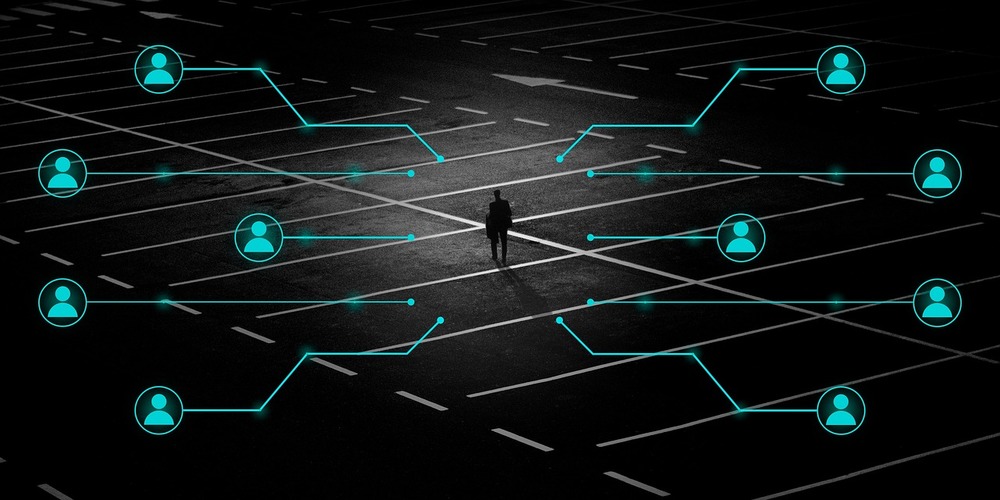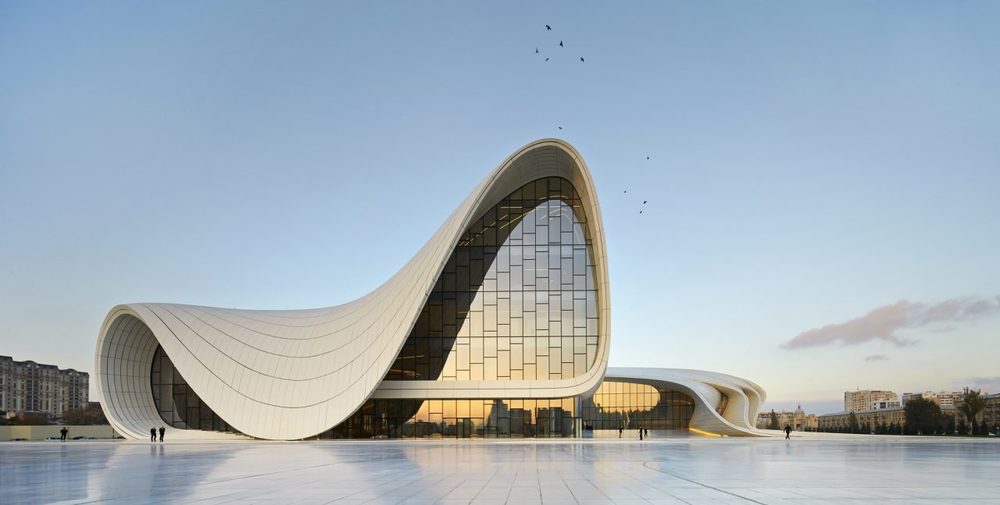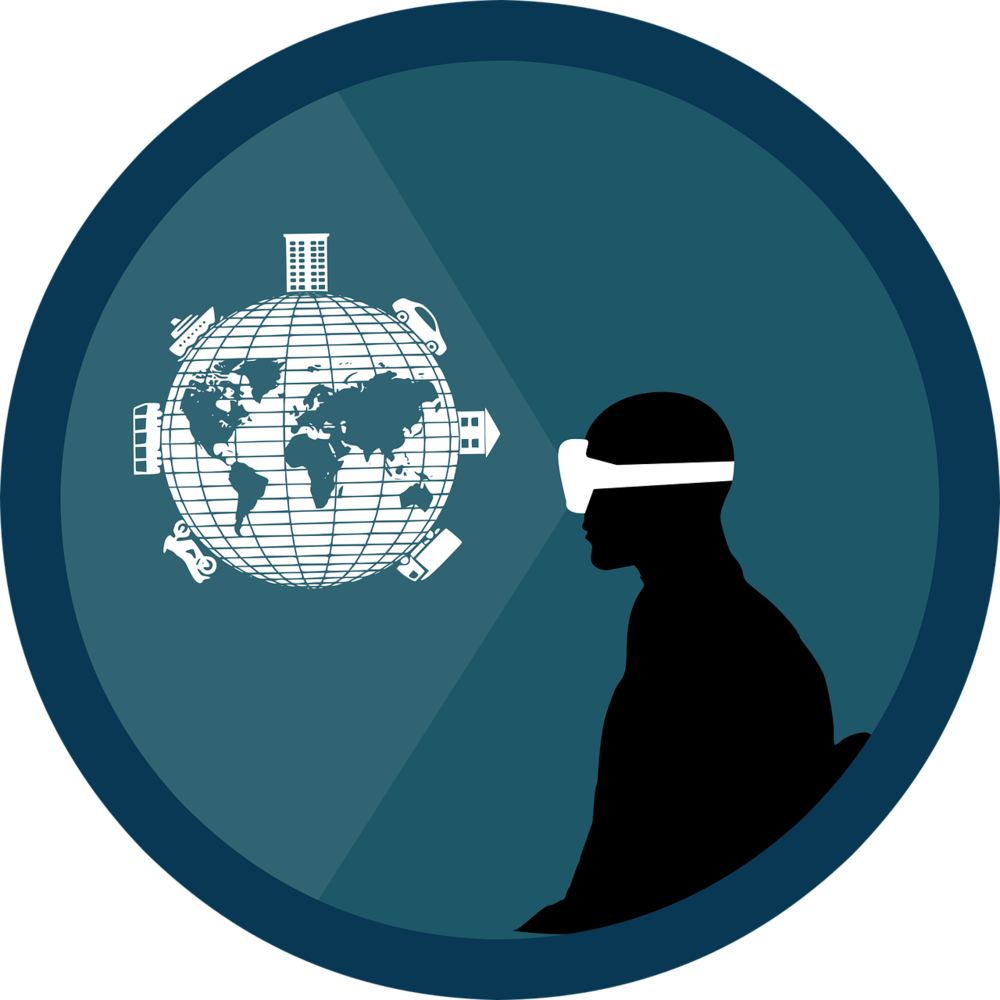This article is part of a blog series on what smart cities are and what services they provide.
Smart technologies were, in the past, considered great gadgets, only used by specialists. Nowadays, technology is an essential part of our lives. Using smartphones can get us real-time information about:
The United Nations projects that more than sixty percent of the world's population will likely reside in urban areas by the year 2050.
Unfortunately, many of the existing urban infrastructure is:
As cities get smarter they will become:

Smart Cities will need to provide services that achieve their goals and are affordable to their citizens. Through the use of technology, they can provide sustainable public services, including a transport system, which is crucial for the success of the city.
Planning and communication are the basis of a successful city solution, but this does not go without challenges. Cities also need to:
These challenges need solutions that make cities safe, efficient, and habitable whilst they:
Smart Cities bring the following:

The number one goal of Smart Cities is to provide a better quality of life to their citizens.
Smart Cities design strategies that:
A report from the McKinsey Global Institute (MGI), Smart cities: Digital solutions for a more liveable future looks at how digital applications can help the municipality strategists to address these human concerns. According to the report, smart technologies:
Municipal services have to be available digitally and be citizen-friendly. Municipality leadership should collaborate with the public through:
This means:

What makes cities smart?, according to McKinsey, real-time data gives agencies the ability to:
Below are some applications for cities of the future.
Parking spots are impossible to find in urban areas. Offering a parking reservation application to their citizens will help them:
Automating the delivery process could:
With climate change, water is becoming a scarcity. Implementing the Internet of Things (IoT) and smart monitoring systems would significantly reduce the 45 million cubic meters that are lost every day, in developed countries. It would:
For example, cheap and environmentally friendly, fibre–optic leak detectors, use broadband fiber cables, close to water plumbing, to expose small changes in ground stability, an indicator of water leaks.
When cars are fully autonomous the city's functionalities will fundamentally change. It will allow municipalities to:
Infrastructure driven by data collected through 4G, 5G, and IoT sensors is analyzed via Artificial intelligence (AI), allowing citizens of smart cities to use alternative transportation modes such as:
Using these transit in the future will help to:
Each year, 1.35 million people are killed on roadways around the world. Every day, almost 3,700 people are killed globally in crashes involving cars, buses, motorcycles, bicycles, trucks, or pedestrians. More than half of those killed are pedestrians, motorcyclists, or cyclists.
Leveraging cloud-based traffic system technology will create safer and more habitable cities by:
The environmental management of smart cities relies on innovative technologies, driven by AI and data analytics, to:
Without the internet, people are lost. It is crucial for a Smart City to be connected using mesh nets that:
The 5G rollout has been accelerated after the pandemic. An Ernst and Young (EY) study found that in the United Kingdom:
5G is a new wireless standard with the potential to transform the future of communications:
In the transformation process of cities into Smart Cities, a digital property management technology can:
Traditionally, when a personal situation changes, people move to a new apartment or house.
Reconfiguring the building to the new situation could be done by:
Smog in megacities is increasing, and people are suffocating, so it is crucial to find solutions.
For example, AI-assisted monitoring platforms assess big data feeds and enable smarter analysis using machine learning of weather and traffic commuter information to help predict areas of poor air quality.
Blockchain is a distributed database, that stores data in blocks, linked together via cryptography. The data entered is immutable. The system verifies and secures transactions on the Internet. Blockchain promises to revolutionize the management of smart cities with Blockchain4Cities.
The United Nations has developed The New Urban Agenda, which lays out a roadmap to achieve build a Smart City. One of the challenges they highlight is getting greater participation from local governments. A potential solution to this is by using blockchain will be able to make more informed and faster decisions based on secure data collection.

Municipal governments wanting to become Smart Cities are using cellular and Low Power Wide Area Network (LPWAN) wireless technologies to:
Becoming a Smart City may lead to:
Digital cities can only work if they are trusted.
Public safety monitoring systems can provide the required protection, but can Smart Cities protect themselves from vulnerabilities? Let's see what can be done.
Data warehouses, serious authentication, and identity management systems must:
Multiple actors are involved in the ecosystem. Strong authentication and ID management solutions must be put in place to protect backend systems from intrusion and hacking.
Here are four crucial security principles to implement in a Smart City environment:
Availability
Real-time access to data must be reliable. Information is collected, distributed, and shared securely without impacting its availability.
Integrity
Reliability and accurate data are critical to a Smart City's success. Systems should be resilient, and make sure that data is accurate and has not been manipulated.
Confidentiality
The sensitivity of data collected, stored, and analyzed must be protected from unauthorized access.
Accountability
Accountability and responsibility, for users’ actions, are important to avoid forgery and protect integrity, whilst interacting with sensitive systems. Before accessing the systems, people should be logged in and identified by a specific username and password.

Smart Cities require a high level of investment, but the municipalities do not have to be the sole source of funding.
Service operators and infrastructure system owners can enter into partnerships with the city government. With the exception of public equipment that must be provided and financed by the government for political and security purposes.
Implementing sensitive applications should be done by the public sector, but the funds for the initial expenditures could be financed by the private sector as these systems have a high return on investment.
The inclusion of investors, residents, businesses, associations, etc., into the financing of developments of Smart Cities:
Transformation of cities requires vision, excellent leadership, willingness to change, and commitment to deliver a good quality of life to their citizens. The city will then experience the following benefits:
In Driving Vision's BIM technology appraisal diagnostic we look at the best way to insert new technology in your workflows and how to move your organization to cloud computing so you can open up new possibilities for your daily planning tasks and make sure your data never leaves the optimally secured data center.
The technology appraisal report will help you to explore what investment is required to improve your projects’ productivity and collaboration as well as the ROI you can expect.
A Driving Vision expert will conduct the interviews online and will issue a report and discuss our findings with you and how to implement the solutions, at your pace and according to your budget.
Implementing BIM can be daunting, but Driving Vision is here to help you at the pace you are comfortable with. Get started by getting in touch now
We simplify the difficult and automate the mundane for an affordable fee
We become your BIM coordinator & Tech support for an affordable fee
We give you access to our CAD licenses for an affordable fee
We introduce you to our cloud technology and proprietary immersive technology for an affordable fee
